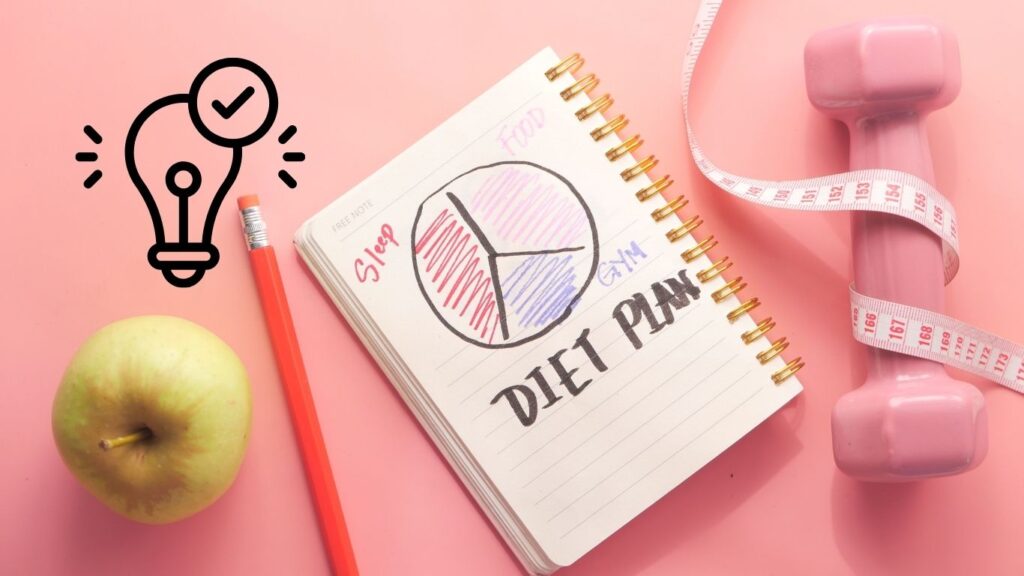Nutrition is a complex and ever-evolving field, with new research constantly challenging our understanding of what it means to eat healthily. Unfortunately, this complexity has given rise to numerous myths and misconceptions that can make it difficult to know how to best take care of our bodies. In this blog post, we’ll debunk the top 10 nutrition myths and explore what science really says about your diet.
Myth 1:
Carbs are bad for you The myth that carbohydrates are bad for you is a common misconception. Carbohydrates are an essential source of energy for our bodies, and they should make up a significant portion of our diet. However, it’s important to choose whole, unprocessed carbs like fruits, vegetables, and whole grains over refined grains and sugars.
Myth 2:
You need to cut out fats to lose weight This is another common nutrition myth. While it’s true that fats are calorie-dense, they are also an important source of essential fatty acids and help to absorb fat-soluble vitamins. The key is to choose healthy fats like avocados, nuts, and olive oil over saturated and trans fats.
Myth 3:
You should avoid gluten unless you have celiac disease Gluten is a protein found in wheat, barley, and rye. While it’s true that people with celiac disease need to avoid gluten, there’s no evidence that gluten is harmful for the general population. In fact, whole grains, which contain gluten, are an important part of a healthy diet.

Myth 4:
Dairy is necessary for strong bones While dairy is a good source of calcium, it’s not the only source. There are many other foods that are rich in calcium, such as leafy green vegetables, fortified plant-based milk, and fish. Furthermore, vitamin D and regular physical activity are also important for bone health.
Myth 5:
Detox diets are necessary to cleanse the body Our bodies have a natural detoxification system, which includes the liver, kidneys, and colon. There’s no scientific evidence that detox diets or cleanses are necessary or effective. In fact, they can be harmful, as they often involve extreme dietary restrictions.
Myth 6:
Eating small, frequent meals boosts metabolism The idea that eating small, frequent meals boosts metabolism is a common misconception. Research shows that the total number of calories consumed is more important for weight management than the frequency of meals. It’s important to listen to your body and eat when you’re hungry.

Myth 7:
You need to take supplements to be healthy While supplements can be helpful for some people, they are not a substitute for a healthy diet. It’s best to get your nutrients from whole foods, as they provide a complex nutritional matrix that supplements cannot replicate.
Myth 8:
Superfoods are a magic bullet for health The term “superfood” is often used to describe foods that are particularly nutrient-dense. While these foods can be a healthy addition to your diet, they are not a magic bullet for health. A balanced, varied diet is the best way to support your health.
Myth 9:
You need to cut out all sugar to be healthy While it’s true that we should limit our intake of added sugars, it’s not necessary to cut out all sugar. Fruits, for example, contain natural sugars, but they are also a good source of vitamins, minerals, and fiber.
Myth 10:
Organic foods are always healthier While organic foods may have some benefits, such as lower pesticide residues, they are not necessarily more nutritious than conventionally grown foods. The most important thing is to eat a variety of whole foods, whether they are organic or not.

Conclusion:
Nutrition is a complex and evolving field, and it’s important to be skeptical of any diet or health advice that sounds too good to be true. The best way to support your health is to eat a balanced, varied diet that includes plenty of fruits, vegetables, whole grains, and lean protein. Don’t forget to also stay hydrated, get regular physical activity, and consult with a healthcare professional before making any major changes to your diet or lifestyle.
Also read: The Pros and Cons of Using Salt and Honey as Pre-Workout Supplementshttps://fitgurulife.com/2023/10/23/the-pros-and-cons-of-using-salt-and-honey-as-pre-workout-supplements/
